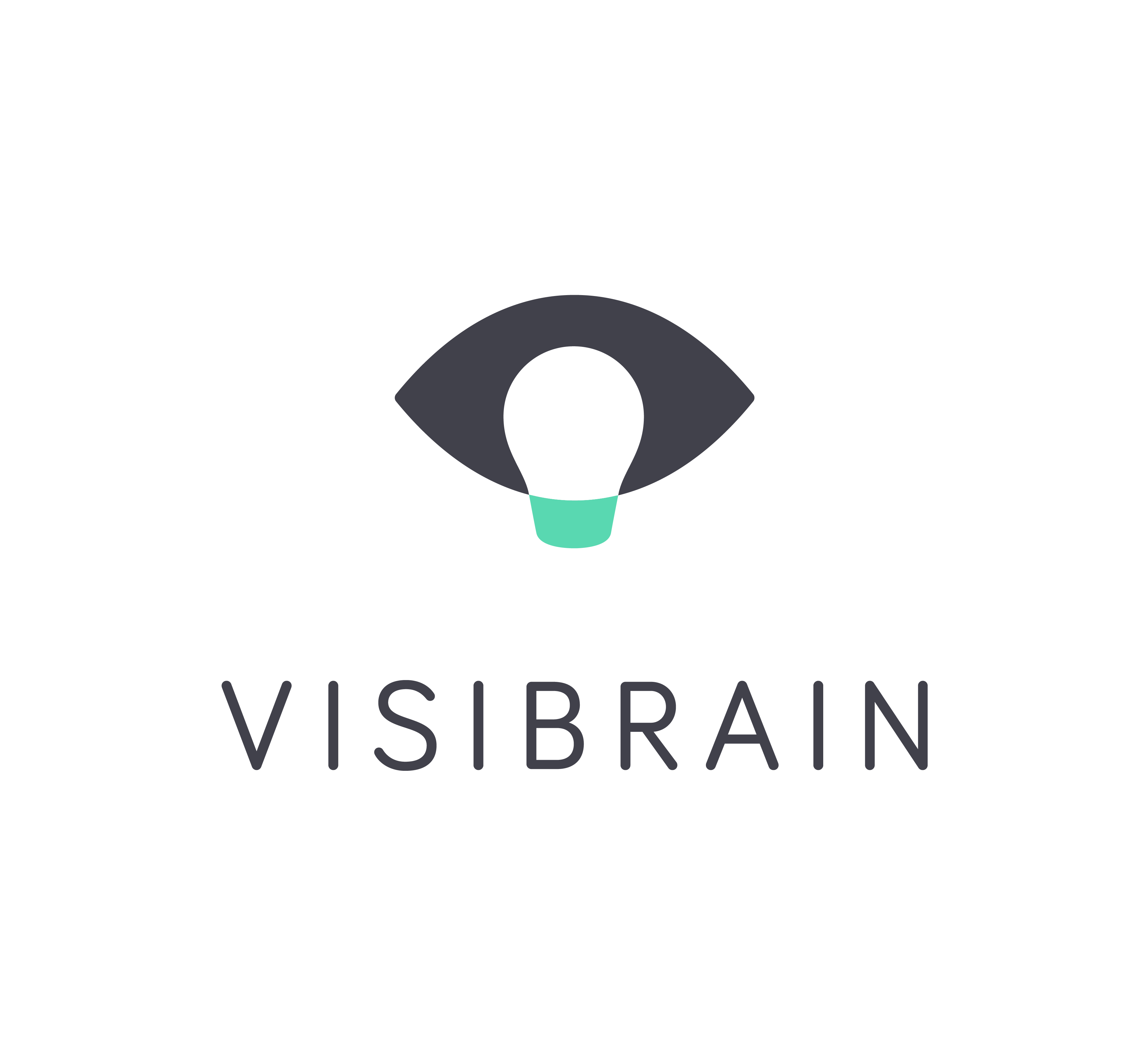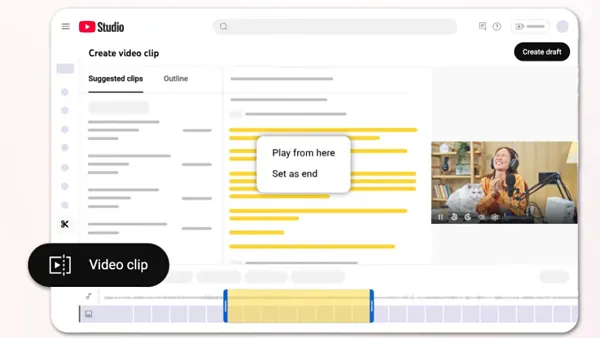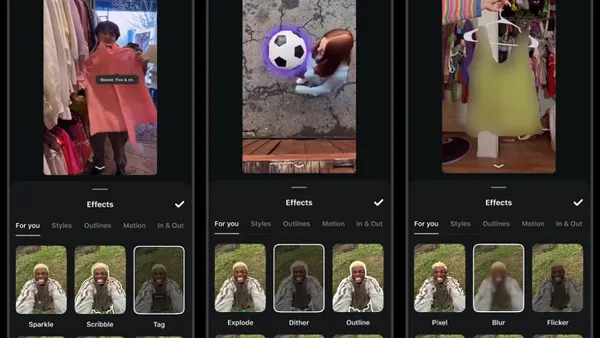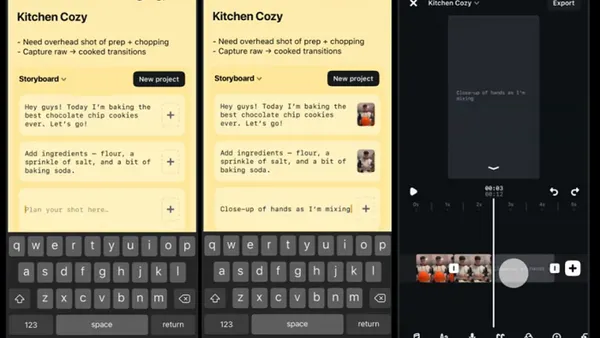A very productive client meeting today got me thinking: what distinguishes a good client/agency relationship from a bad one? According to the gentlemen advertisers of Mad Men (TM Stirling Cooper), an agency begins to lose a client the minute it signs the client. That's a nicely cynical perspective in keeping with the show and Roger Stirling himself, but in the real world, how can you make sure your agency-client relationship works?
Here are a five tips I've learnt through experience both as a client and as an agency partner:
1. Never assume - anything. Take the time to scope out the project before you begin, and to check and double-check that everyone has the same understanding of the deliverables, timescales, parameters and particularly, what isn't included. I've sat in too many meetings (on both agency and client side) and listened to "Oh, but I thought you were going to...." A surefire way to disappoint and miss deadlines. The same applies to contracts, terms of trade/business and anything else that has the ability to trip you up mid-project. Nail it down before you begin and you'll save a lot of time and energy.
2. Show respect - your agency/client partner is a professional and should be treated as such. As a supplier, I was horrified to be confronted by an angry client who produced a laundry list of complaints during what I mistakenly thought was a routine catchup over a cup of coffee. It turned out that he had only agreed to the meeting in order to vent his feelings, and had arranged for this to take place in front of colleagues and associates to make his points more publicly. Whether or not he was right to feel aggrieved isn't for this post; the reality is that dressing someone down in public is not the way to create or maintain a fruitful relationship. Ditto treating a client as less knowledgeable or less important than you doesn't do anything for the long-term health of your relationship.
3. Be transparent - show strength by being honest, upfront and ready to share. If you have concerns about the project (duration, budget, aspirations, objectives, your ability to deliver), communicate them early and resolve them quickly. If there is information that might affect the project, share it. If, for example, the actual decision-maker isn't the CEO, but in reality his or her spouse, you will do everyone a favour by making that clear and planning for that additional participant in the project.
4. Plan for miscommunication - and so avoid it. I'm not advocating treating a project with a "glass half-empty" attitude, but rather suggesting that you adopt a pragmatic and reasoned approach which assesses potential gaps in understanding and knowledge, and addresses those upfront. That's on both sides. Clarity is the key to successful communication, but planning to communicate well plays an important role as well.
5. Work with people you like. This sounds obvious, but if there isn't a genuine fit between agency and client in terms of values, attitudes, perspectives and ambitions, then it's going to be a whole lot harder to enjoy your work. And work that isn't enjoyable becomes a chore very quickly. Since I've yet to meet an inspirational chore, I'd recommend finding people you like and spending your creative energies on and with them.
What do you think? Have I missed something you think is more important? What's your Top 5? Let me know.










